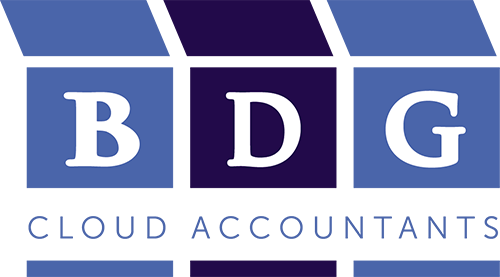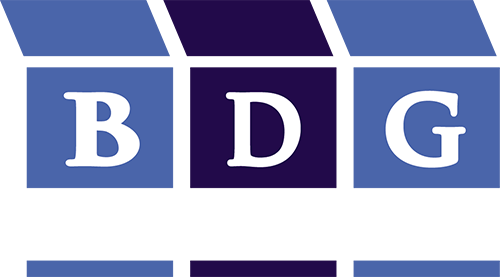3 High performance habits from a survey of 20,000 high performers
Brendon Burchard, the world’s highest paid performance coach, surveyed 20,000 high performers such as athletes, CEOs, and founders to see what habits made them rank so high in their performance and found they all had these three habits in common.
If you are small business owner or a person who wants to improve your performance, check out how these following three high performance habits can change your life.
1. Develop skill sets to win in the future
According to Burchard, high performers don’t leave their self-growth up to chance. These individuals block out time in their schedules every week for learning compared to low performance individuals.
In fact, high performers think about their future selves and spend more time doing activities that contribute to their future selves almost 60 minutes more than low performing clients in the survey of 20,000 people.
High performers are also very specific about what they want to improve in and strive to achieve mastery in skills. This can involve personal mastery or business mastery such as learning an instrument or taking an online course.
How to build this habit: Think of three words describing how you want to be in the future. Now write down three ways you can achieve these states of being. For example if you want to be powerful, calm, and communicative. One way to achieve this would be to take an assertive communication course that teaches you to communicate calmly. Schedule this into your planner. And when it’s over, schedule the next skill you want to build upon.
2. Increase your energy
Studies show that high performing CEOs and senior executives have energy equivalent to that of professional athletes. Energy is significantly related to productivity and success. However ironically, energy isn’t really something we typically focus on when we think about increasing success in our businesses.
A simple way to increase energy is to exercise. In fact, although some folks may avoid exercise to buy more time at the office, exercise will actually save you more time in the long run.
Why? Exercise increases production of brain derived neurotropic factor (BDNF) that actually causes new neurons to grow in your hippocampus and other areas of your brain allowing you to learn faster and remember more. Exercise also lowers stress which is an energy killer and lowers BDNF.
The survey also showed that 5% of all high performers are 40% more likely to exercise at least three days per week than the 95% who scored below them in performance.
How to build this habit: What are three things you could put into place now if you wanted to be in the best shape of your life in a year? For example, could you book a session with a high ranked personal trainer three times a week for 90 days? Schedule a goal into your calendar, and give it a deadline.
3. Take action despite being afraid
Data shows that high performers are more likely to be courageous. When you are more courageous, you are more likely to take risks which can lead to more success.
For instance, think Microsoft founder Bill Gates. He dropped out of school (a huge risk), created Windows (another huge risk), then become the richest man in the world.
The cool thing about courage is that it’s a learnable skill, and it involves how you look at risk. For example high performers see risks as challenges, and feel they are able to handle them no matter what happens. Low performers will likely have an aversion to challenges and feel they will not be able to handle them.
High performers also plan for challenges so they are more likely to succeed. This means hoping for the best, but planning for the worst and hiring coaches and mentors to guide them through processes.
High performers also take more action than their low performing counterparts. Surveys showed that high performers stated how courage didn’t come from thinking about challenges, it came from going through them.
How to build this habit: Write down one change you would make in your life right now if you weren’t afraid. Every morning when you wake up, write down three small steps you can take that day to move towards this change and do these small steps.
Remember keep these steps small. Each time you complete a small goal, dopamine gets released in your brain which activates the reward part of your brain (the part responsible for pleasure, learning and motivation).
With practice, you will then begin to associate completing challenges with pleasure which will then change the way you look at challenges.
–
Are you looking to free up time in your small business so you can focus on getting into peak performance at work? Let us take care of your accounting so you can focus on the things that really matter to you. Contact us today for a free consult.

